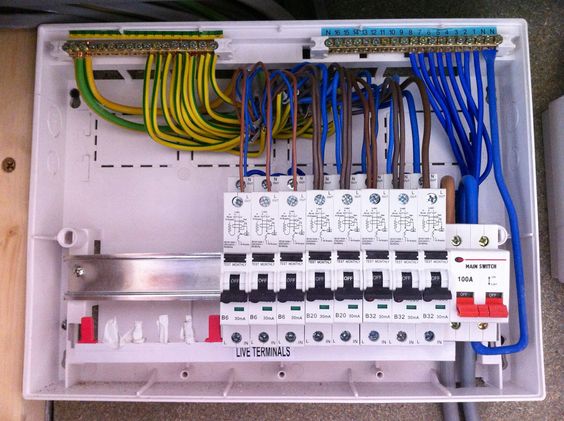In today’s modern world, electricity is an indispensable part of our daily lives. From powering our gadgets to lighting up our homes, it plays a crucial role. Domestic electrical installation is a complex and essential process that ensures your home is equipped with a safe and efficient electrical system. In this blog, we will explore the basics of domestic electrical installation, emphasizing the importance of safety and efficiency.
**1. ** Importance of Proper Electrical Installation
A well-designed and properly installed electrical system is fundamental to the safety of your home. Faulty wiring and improper installations can lead to electrical hazards such as shocks, fires, or even fatal accidents. A professional domestic electrical installation not only guarantees safety but also enhances the efficiency of your electrical appliances, reducing energy wastage and lowering your electricity bills.
2. Understanding the Components of Electrical Installation
a. Electrical Panels: The heart of your electrical system, the panel distributes electricity to different circuits in your home. It’s crucial that the panel is appropriately sized and installed to meet your household’s power needs.
b. Wiring: Proper wiring is essential to ensure electricity flows safely from the main panel to various outlets and appliances. Different types of wires are used for specific purposes, and they must be installed correctly to prevent overloading and short circuits.
c. Outlets and Switches: Outlets and switches are the visible components of your electrical system. They need to be strategically placed to provide convenient access to power without compromising aesthetics or safety.
d. Grounding: Grounding protects your home from electrical faults by providing a safe path for electricity to travel in case of a fault. It’s a vital safety feature in any domestic electrical installation.
3. Hiring a Professional Electrician
DIY electrical work might be tempting, but it’s incredibly risky and can lead to severe consequences. Hiring a licensed and experienced electrician ensures that your domestic electrical installation is carried out according to the local codes and regulations. Professionals have the knowledge and tools to handle the complexities of electrical systems, ensuring safety and efficiency.
4. Ensuring Energy Efficiency
An essential aspect of modern electrical installations is energy efficiency. Your electrician can advise on energy-efficient lighting solutions, appliances, and smart home technologies that not only reduce your carbon footprint but also save you money in the long run. LED lighting, programmable thermostats, and energy-efficient appliances are just a few examples of how you can make your home more environmentally friendly.
5. Regular Maintenance and Upgrades
Once your electrical system is installed, regular maintenance is key to ensuring its longevity and safety. Periodic inspections by a professional electrician can identify potential issues before they escalate. Moreover, with technology constantly evolving, consider upgrading your electrical system to accommodate the latest innovations, ensuring your home stays up-to-date and safe.
